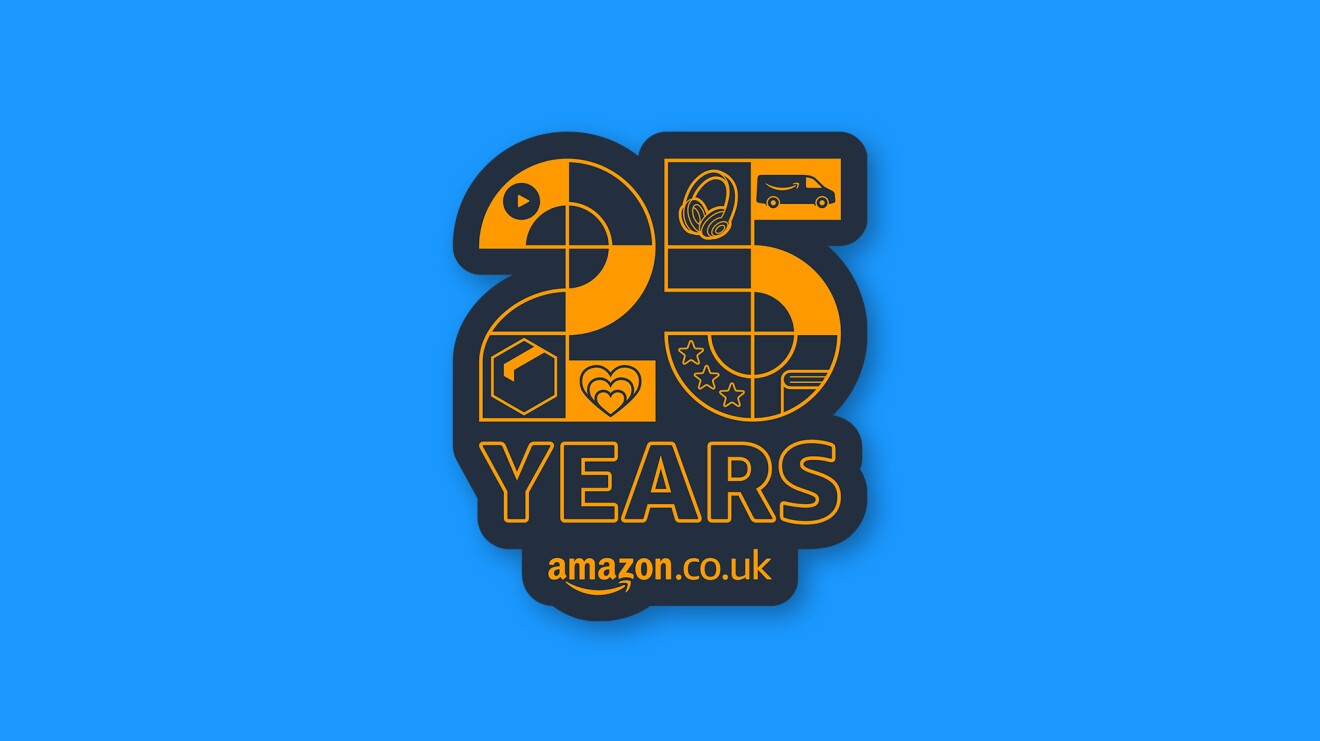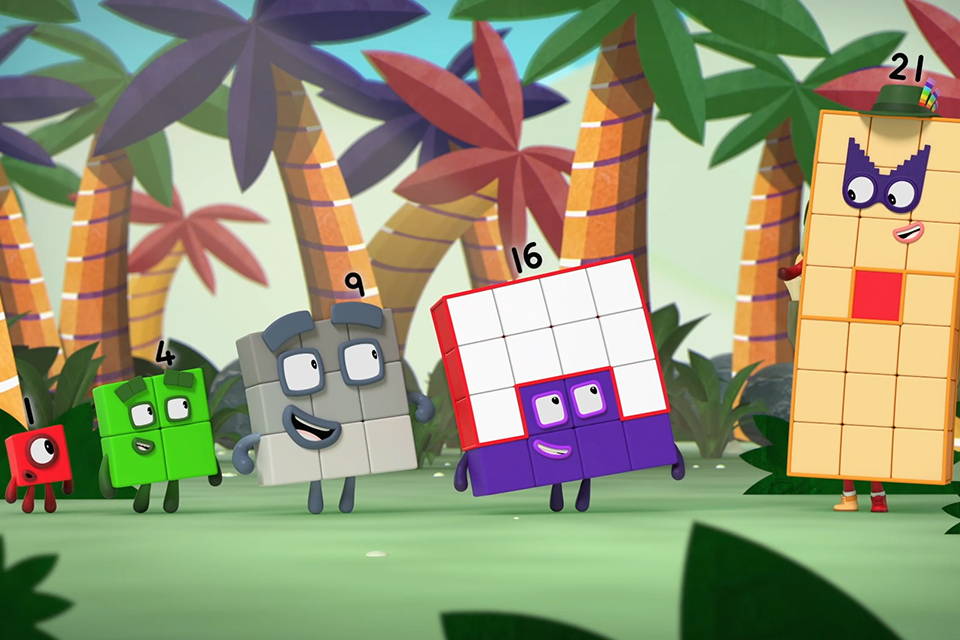
Thanks to the arrival of Amazon Kids and Amazon Kids+ on Alexa, children can now enjoy an expanded range of kid-friendly content, features and unique skills on Alexa, overseen by smart parental controls.
Over the last three years, over 20 million kids and their parents have enjoyed award-winning Amazon Kids and Amazon Kids+ across Fire TV, Fire tablets, Kindle, iOS, Chromebook, Android devices – and now Alexa. These new offerings bring Alexa-specific features and content to Amazon’s popular Kids and Kids+ services so that children can enjoy the best of both worlds.
Along with a panda or tiger design and parental controls, Echo Dot Kids comes with the best of Amazon’s family-friendly content – including the Numberblocks and Alphablocks premium skills, both of which were shaped by leading education experts.
These characters really resonate with kids, so they are instantly immersed in the learning.
Steph Gauld, Digital Director, Alphablocks Ltd
These skills join the Numberblocks and Alphablocks apps already available on Kids tablets and are based specially designed in collaboration with educational experts to complement home-learning, helping to stimulate the imagination and grow key skills through fun auditory activities and content.
To find out more about how skills like Numberblocks and Alphablocks can support young learners, we spoke to the experts.
Based on smash-hit TV shows
Many parents will be familiar with the BAFTA award-winning as much-loved shows, aired in the UK on CBeebies and popular with audiences right around the world.
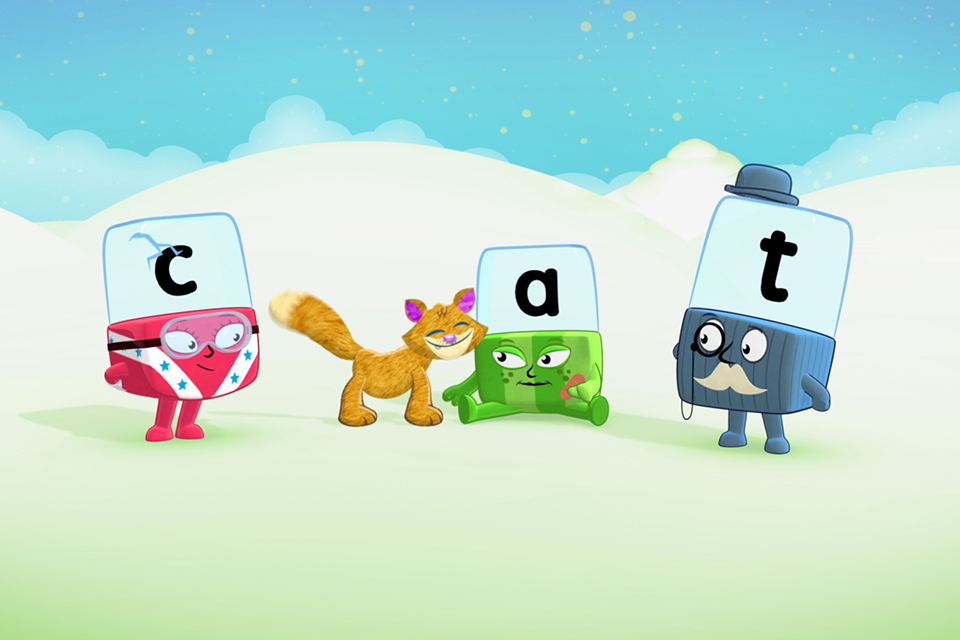 Kids play along in Alphablocks as friendly letters of the alphabet team up to make words and tell stories using phonics.
Kids play along in Alphablocks as friendly letters of the alphabet team up to make words and tell stories using phonics.In Numberblocks, viewers learn how much fun maths can be with a group of fun-loving numbers working together to solve problems big and small. Meanwhile in Alphablocks, kids play along as friendly letters of the alphabet team up to make words and tell stories using phonics.
Ltd., explains: “The teams behind the shows have crafted a way of teaching phonics and numeracy in a genuinely unique way, where the letters and numbers are the characters. These characters really resonate with kids, so they are instantly immersed in the learning.”
“The learning itself is fun and sits at the centre of the narrative,” Steph adds. “We’ve had some incredibly moving comments and positive feedback from parents and teachers right around the world, including one mother whose daughter struggled with verbal communication until she started watching Alphablocks. It’s wonderful to hear what a difference the shows can make.”
Alphablocks: making phonics fun
, a psychologist and Emeritus Professor at the University of Reading’s Institute of Education, is part of the team behind Alphablocks.
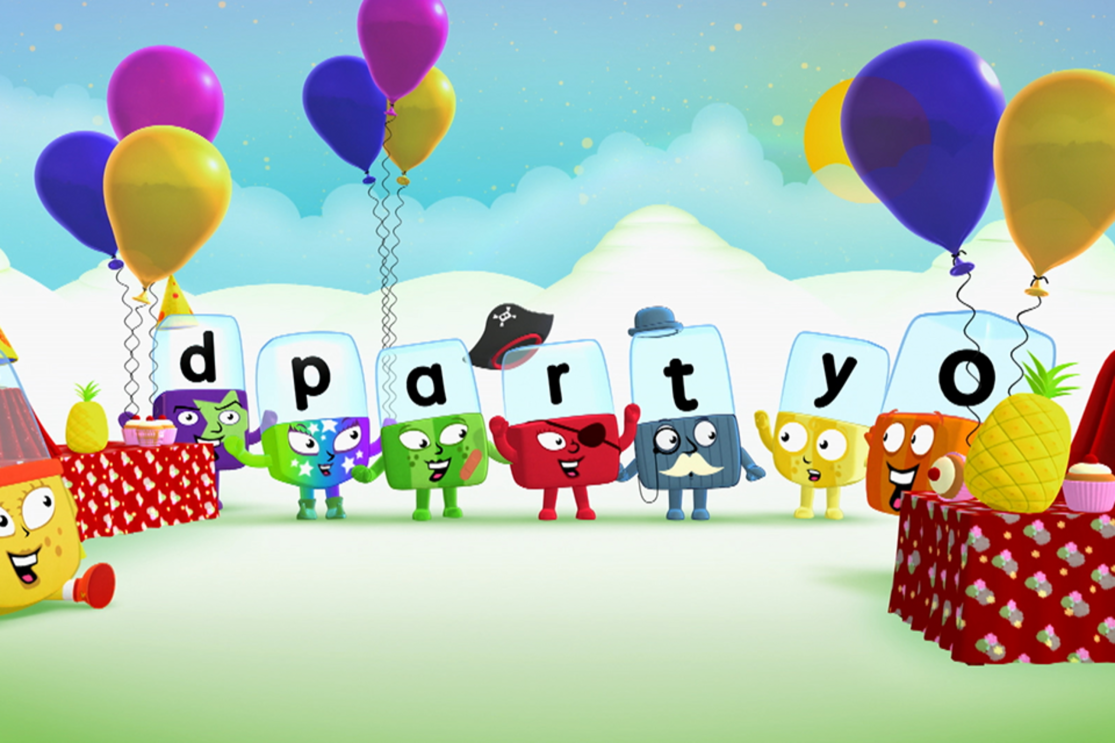
“One of the most important things about Alphablocks is that it delivers high-quality. But most importantly, on the surface, it’s fun! Young children don’t have great memories so they need lots of repetition to learn. We always aim to make that repetition fun rather than boring, which is crucial to our success.”
Like the show, the Alphablocks Alexa skill, available on Amazon Kids+, is designed to help children memorise letters and their sounds, with each character representing one of the letters of the alphabet. From here, children are shown how these individual sounds help to form words.
Rhona explains that research has shown a direct link between a good grasp of phonics at an early age, and overall academic performance: “The number of letters of the alphabet that you know at the start of school can actually be predictive of how well you perform academically aged 7 and 11.”
“To read words in an alphabetic system such as English, it is essential to know which sound each letter stands for. This underpins our grasp of language, our ability to communicate on many different levels, and ultimately our ability to learn and develop.”“Our language is like a code but this code is not necessarily intuitive for children aged six or younger because the sounds they hear in spoken language take the form of words – not letters.”
A child can imagine themselves in ‘Alphaland’ on an exciting adventure… exploring phonics and learning all the skills they need to read, with the narrator guiding.”
Rhona Stainthorp, psychologist, Alphablocks consultant
“The Alphablocks app will help children focus on listening and hearing the sounds without getting distracted by any images. We tried to make it as immersive and descriptive as possible. A child can imagine themselves in ‘Alphaland’ on an exciting adventure with the letters of the alphabet, exploring phonics and learning all the skills they need to read, with the narrator guiding.”
Numberblocks: making maths fun
Debbie Morgan CBE from the National Centre for Excellence in Teaching Mathematics is maths consultant for Numberblocks and an advisor on development in early education. She has a doctorate in education focused on maths, has worked as a primary teacher, headteacher and lecturer, and has been awarded a CBE for her work in education.
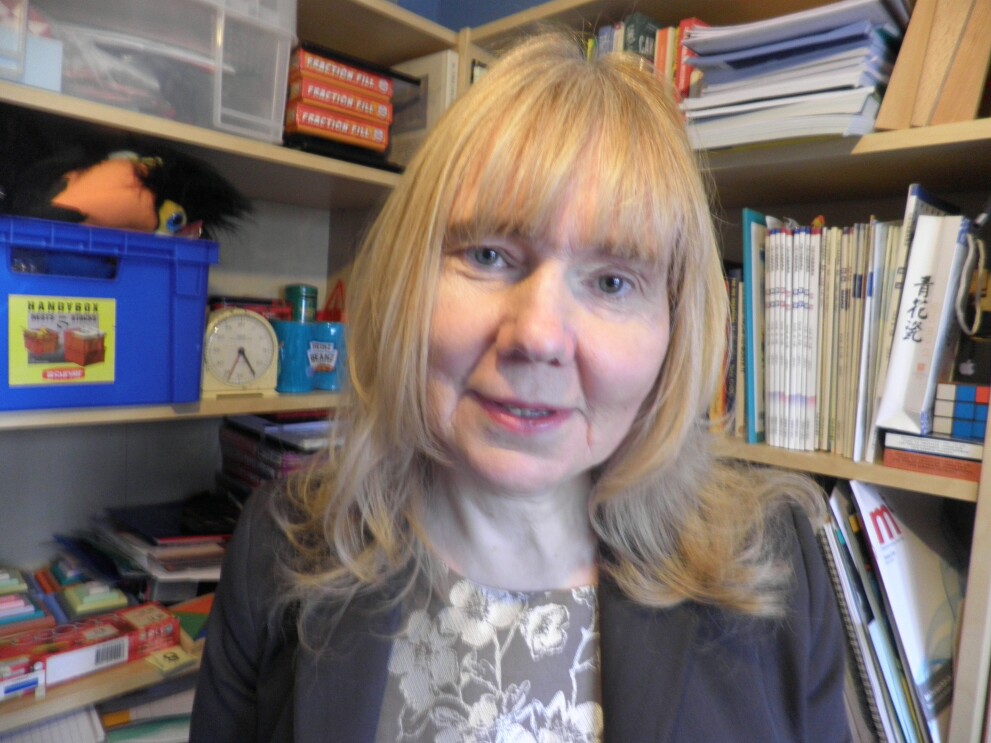 Debbie Morgan is the maths consultant for Numberblocks and an advisor on development in early education.
Debbie Morgan is the maths consultant for Numberblocks and an advisor on development in early education.“When I first met Numberblocks creator Joe Elliot, I was impressed by his commitment to ensuring that the content only contained excellent maths,” says Debbie. “Everything we include in the show is put through a rigorous process. Teachers absolutely love the accuracy and quality.”
For Debbie, improving childhood numeracy is a personal cause: “Numeracy is a huge issue, and sometimes our culture seems to fight against numeracy and mathematics. People will quite proudly say, ‘I was never good at maths’ – but they wouldn’t say this about literacy. It’s critical that we instill a positive mindset towards maths among young children.”
“Research shows that children are on a learning trajectory to fail if they don’t have adequate numeracy skills at an early age. We want all children to have numeracy skills by the time they start primary education. Our message with Numberblocks is that everybody can do maths – and that everybody needs help sometimes.”
Our message with Numberblocks is that everybody can do maths – and that everybody needs help sometimes.
Debbie Morgan CBE, maths education advisor, Numberblocks consultant
Debbie explains how, in the TV show, characters “break apart and combine” to introduce the vital early maths skill of partitioning quantities, “which underpins all calculation for addition, subtraction, and, eventually, multiplication and division.”
She is excited by the auditory learning opportunities presented both by the Numberblocks app and Alexa-enabled devices in general: “Visualisation is essential for numeracy skills, and audio is an ideal means of developing this in children. Rather than just asking quiz questions, the Numberblocks app encourages children to think of numbers in their head, cultivating more in-depth engagement with numbers and their relationships through fun adventures and activities.”
A safe place to learn
Amazon has a longstanding commitment to preserve the trust of our customers and their families. We have strict measures in place for Echo Dot Kids, Amazon Kids, and Amazon Kids+ that protect children and provide parents with transparency and control over the experience, creating a safe space in which kids can learn and have fun.
Amazon Kids on Alexa includes family-focused features such as explicit song filtering, bedtime limits, educational Q&As, household communications, positive reinforcement for using the word “please,” disabled voice purchasing, and more – for free.
Find out more about the all-new Echo Dot Kids.





